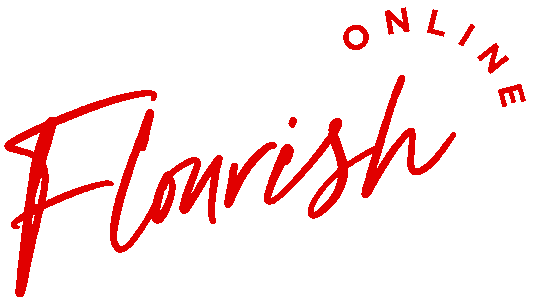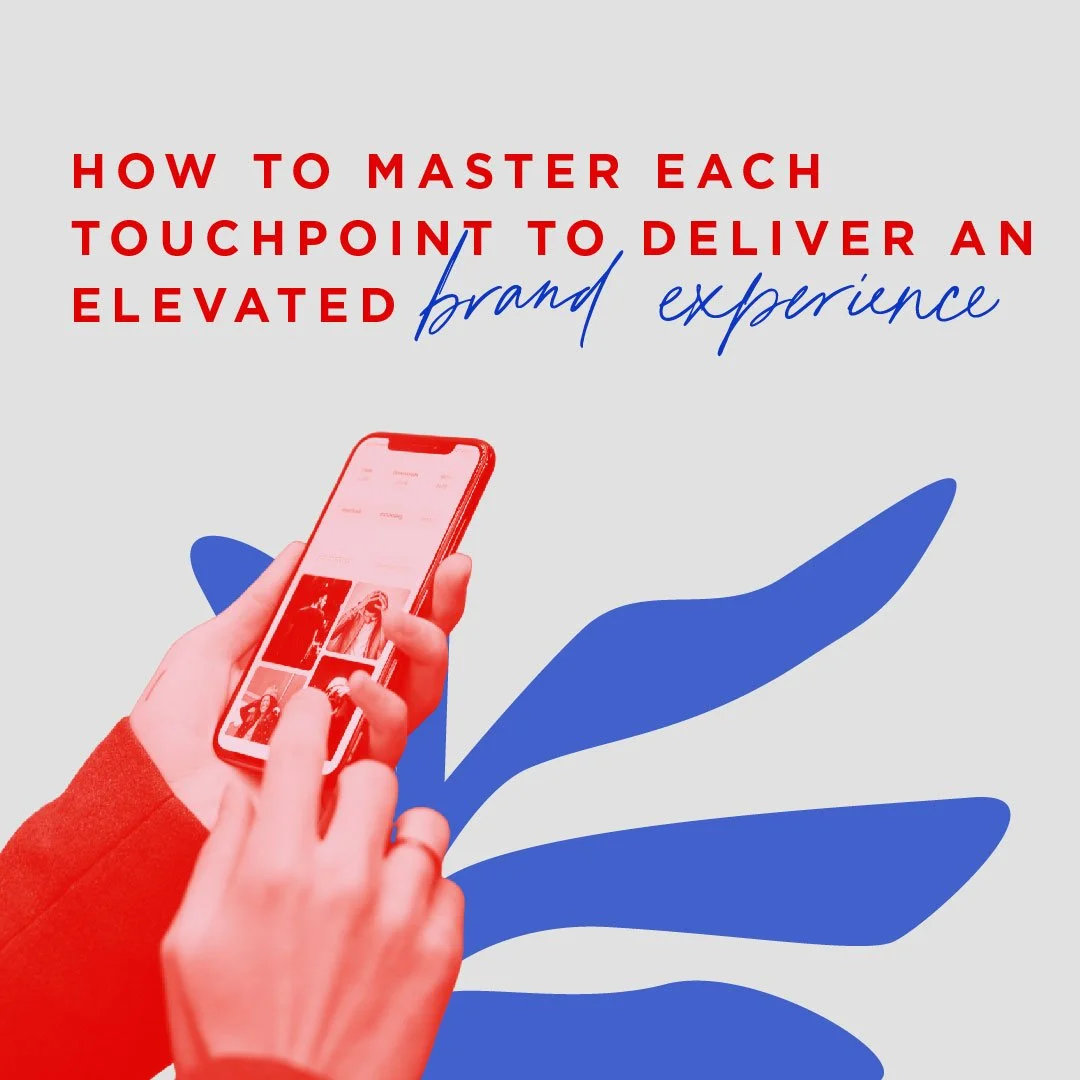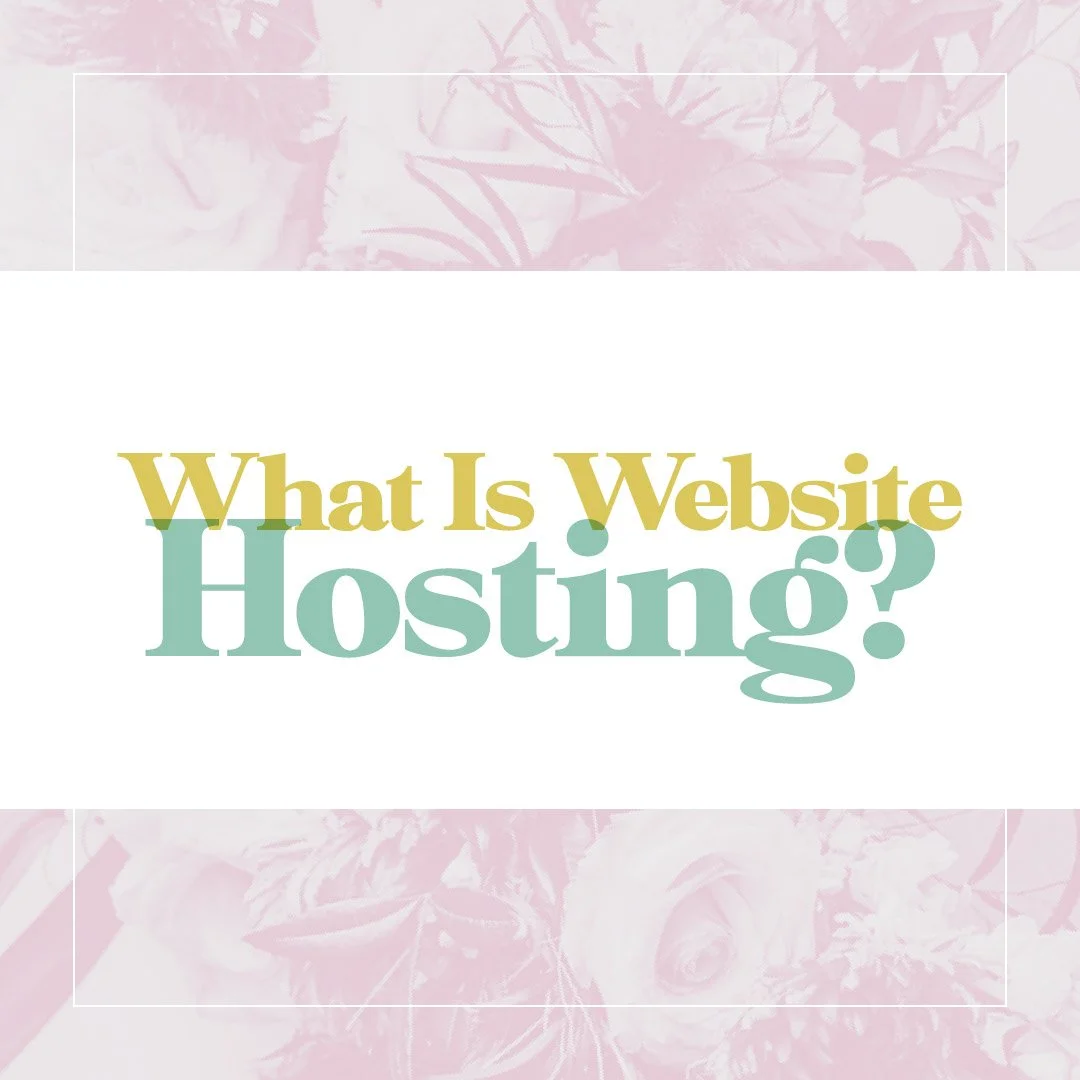How to Choose a Business Name
By the time you decide to take the plunge and turn that amazing idea of yours into a business, you’re probably already thinking about names - and why wouldn’t you? Choosing a business name is like choosing a baby name: you should take the time to sleep on it. No one wants another X Æ A-12 conundrum.
One of your biggest questions will probably be about whether to go down the personal branding road and use your own name OR craft an incredibly clever business name using nothing but your wit and imagination.
Guess what? We’ve got a few pointers right here to help you decide.
Use your own name if...
It’s unique
Although few of us are fortunate enough to have a name as unique as Elon Musk’s baby, a relatively uncommon name could serve you well in internet territory. Besides the obvious benefit of memorableness, a unique name makes for a less competitive keyword - which basically means you won’t have to spend hundreds of dollars on boosting your name up the search engine results.
You’re chasing thought leader status
Let’s say you have a great idea - something that might be even better than memory foam pillows or miniature rubbish bins for car cupholders. Of course, you want everyone to know about it, but you also want them to associate it with you and your brilliant mind. That gets much harder once you’re operating under a clever business name that bears no resemblance to your own name, so if “Future Thought Leader” is on your vision board, you should go ahead and embrace your given name. Don’t be shy - you’ll be landing interviews on boujie talk shows in no time.
Your genius business name idea has already been trademarked
So the perfect idea came to you after WEEKS of brainstorming and you jumped online to trademark it, only to find that it wasn’t quite as original as you thought. If someone else has already snared your perfect name, you could always modify it, but you run the risk of it looking like a childhood email address. When you have no more ideas, your own name is always there, waiting to offer you a better (less challenging) option like an enthusiastic insurance salesperson.
You like the idea of flexibility
Humans are so complicated. We like to do some things and hate others, but on any given day (or when the wind suddenly changes direction) we’ll do a 180 and feel completely differently. If you can relate, you’ll probably do well with a flexible approach to your brand. Instead of letting your brand name define you as a one-trick pony, you can just do what your parents have been telling you to do forever and BE YOURSELF. Using your own name allows you the freedom to change up your offering, your branding, and just about anything else without going through the hassle of changing your business name.
Business name ideas are not your forte
If you’re reading this, there’s a good chance that you’ve never had to come up with a business name before, let alone go through the incredibly arduous process of registering it with the government. There’s no harm in brainstorming, researching, and even calling a friend, but if you keep coming up with peanuts (or just feeling super envious of all the other amazing business names that already exist), your own name is an excellent fallback. You might be surprised just how many other human names became the famous monikers of successful companies (hint: it’s a lot).
Use a new business name if…
You don’t want to be highly visible
Creating a personal brand can be a very revealing and deeply *personal* process (duh), and that doesn’t appeal to everyone. In fact, some business owners would feel far more comfortable blending into their beige furniture while the money rolls in. If you can relate, consider taking your name out of the equation and focussing your attention on crafting a memorable brand persona instead. Take brands like Apple, Amazon, and Starbucks for example - all drew from unique sources of inspiration, and all have become much bigger than their founders.
You want your business to be capable of running without you
It’s only human to dream of spending your days on the beach while someone else brings in the money on your behalf. It’s also a lot easier to achieve that dream if your business doesn’t carry your name. Once you decide on a business name, your focus will likely shift towards growth strategies, developing the right systems, and hiring the right people - the strategies that will eventually allow you to step away and let things carry on without you. Your business name will come to stand for something much bigger than one person (note: this is a good thing), AND you’ll be able to take that well-deserved beachside vacation without people saying things like "don't you have a business to run?" and “how DARE you?”
You don’t want to be tied down (and you think you will want to sell your business in the future - hello, exit strategy!)
We all want to do lots of different things in our lifetimes, but if you name your business after yourself, you run the risk of accidentally making it your Only Thing. Think of the successful entrepreneurs you’ve read about (and possibly pinned on your vision board) - if they have started more than one company, there’s a good chance that they have given each one its own name. Using your own name will also make it difficult to sell your business in the future. Why? Once you’re out of the picture, rebranding will fall to the new owners, along with a significant investment of time and money - plus, the reputation you built up will be destroyed. It sounds a little dramatic (because it is), so if you prefer your business dealings to be drama-free, consider an alternative brand name.
Here’s the bottom line: don’t choose a business name on a whim. Take the time to think about what you want your business name to represent, and (as woo as it might sound) trust in the process. That process might involve playing around with name generators, like the ones by Novanym, Oberlo, and Namelix, or just waiting for the perfect name to appear to you in a dream like something out of Inception.
The next step is to make sure your original idea really is original and has not already been trademarked by someone else (great minds really do think alike). Each country has its own database of trademarked names; for example, Australian business owners can use the Australian Trade Mark Search, and US people will find what they need to know through the United States Patent and Trademark Office.
If your name hasn’t been taken, rush over to a domain registration site like Namecheap or Godaddy to stake an official claim!
You’ve got your name, now it's time to find your brand - and that just happens to be our specialty. What a coincidence! Click here to check out our branding packages.
Take our quiz now to discover your brand archetype so you can build the right strategic foundation for your online presence.




